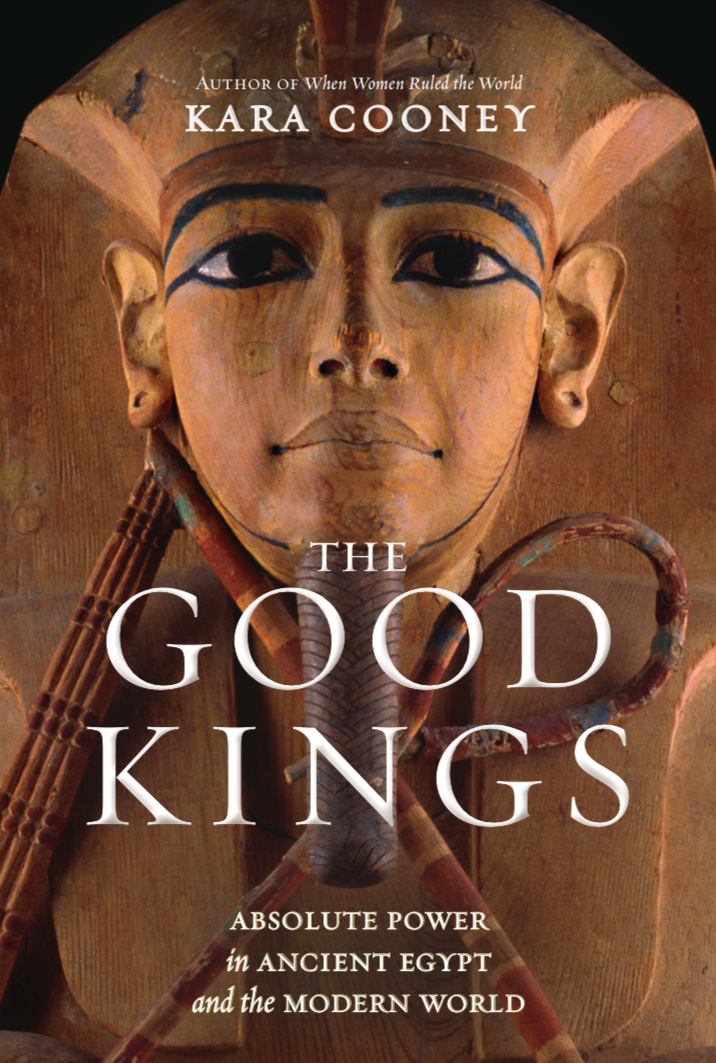To Be A Woman in Religion
By Chiara Noppenberger
In today’s American society, more and more activist groups are battling gender inequality. We see it in media, with celebrities wearing black at the Golden Globes in solidarity for the “Time’s Up” and “Me Too” Movement. These individuals are calling out the entertainment industry, the political and business sectors, and the even the sports industry; however, there is one area where hardly enough attention is being given: religious institutions. While today’s few female rabbis and ministers are mostly seen as able, dedicated, and successful in their leadership roles, in most Judeo-Christian settings women still face severe gender inequality compared to their male counterparts, and this is visible in the modern discrepancy between the number of men and women serving religious leadership roles. In this podcast, I will explore religious gender inequality through analysis of the Bible, and come to the argument that although some believe the transformation of the Judeo-Christian religion to monotheism meant the de-sexualization of religion, the ancient stories of the Bible still directly place women as unequal to men through its linguistic inconsistencies in the Book of Genesis regarding the creation of man and woman, its emphasis on women in subordinate stereotypical roles to men, and its positive description of Deborah the Judge.







